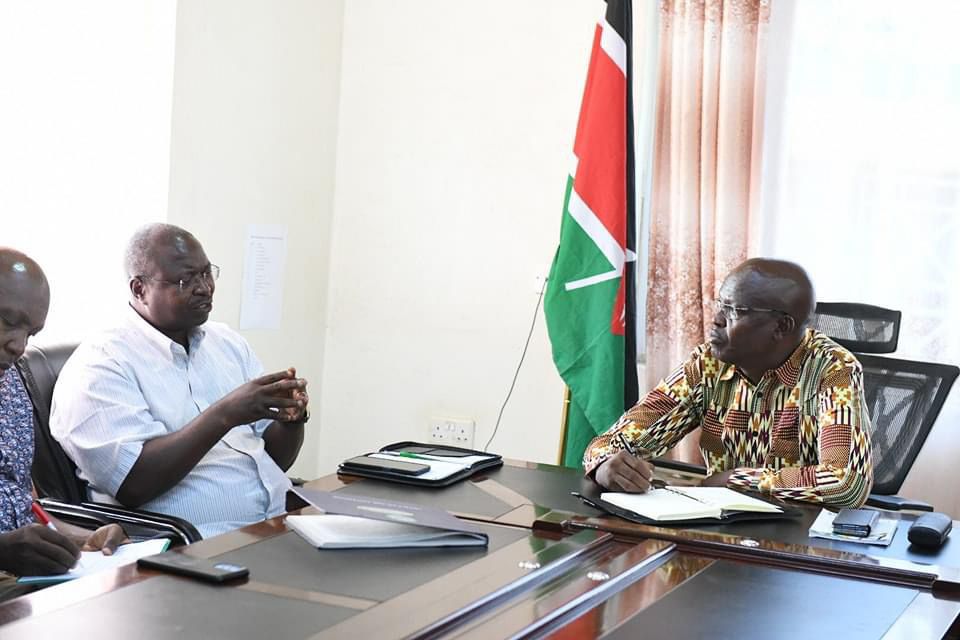Government drafting policy to secure borders and curb illegal trade

As the government finalises the border security policy, stakeholders are expected to provide input to ensure comprehensive, effective, and sustainable solutions to address border porosity, safeguard national security, and protect Kenya’s economic interests.
The National Government, through the Border Control and Operations Coordination Committee (BCOCC), on Tuesday announced that it is developing a national policy aimed at securing Kenya’s borders and eliminating illegal entry and exit points.
The draft policy seeks to tighten border security by implementing well-coordinated patrols and ensuring that the movement of goods and people is strictly regulated through gazetted border points.
Speaking in Garissa, Border Management Secretary Kennedy Nyaiyo emphasised that a coordinated approach will enhance border security while ensuring legitimate trade and travel.
More To Read
For years, Kenya has faced serious security and economic threats due to porous borders, which have facilitated the smuggling of illegal goods, human trafficking, and the entry of terrorists.
Smuggled products, including sugar and powdered milk, have also significantly impacted local farmers by undermining legitimate trade.
“These engagements help us assess the extent of border porosity in this region, which is alarmingly high,” Nyaiyo said.
“Even though the borders remain officially closed, trade continues through illegal routes, meaning smuggled goods are still making their way into the country.”
He stressed that securing the borders is essential for legitimate trade and travel, warning that failure to do so could have dire economic and security implications.
Rashid Khator, the Secretary for Administration in the Ministry of Agriculture, said that illicit trade through porous borders is harming Kenyan farmers, as illegally imported goods flood the market, reducing demand for locally produced products.
“We have increased production in key sectors such as maize and sugar, and we must ensure our farmers get a market for their goods,” Khator said.
“Patriotism starts with supporting locally produced goods and ensuring that all imports follow the correct procedures.”
Garissa County Commissioner Mohamed Mwabudzo highlighted ongoing efforts by local administrators and security agencies to strengthen border management.
However, he stressed the need for collaboration with political leaders and local communities to achieve long-term success.
“We are consuming food products from across the borders that do not go through Kenya Bureau of Standards (KEBS) inspections, which poses a significant health risk,” Mwabudzo said.
“We need collective responsibility in addressing these challenges before they escalate.”
He urged local leaders to take a proactive role in securing the borders, emphasising that border control is a shared responsibility that requires multi-sectoral coordination.
Top Stories Today

















































